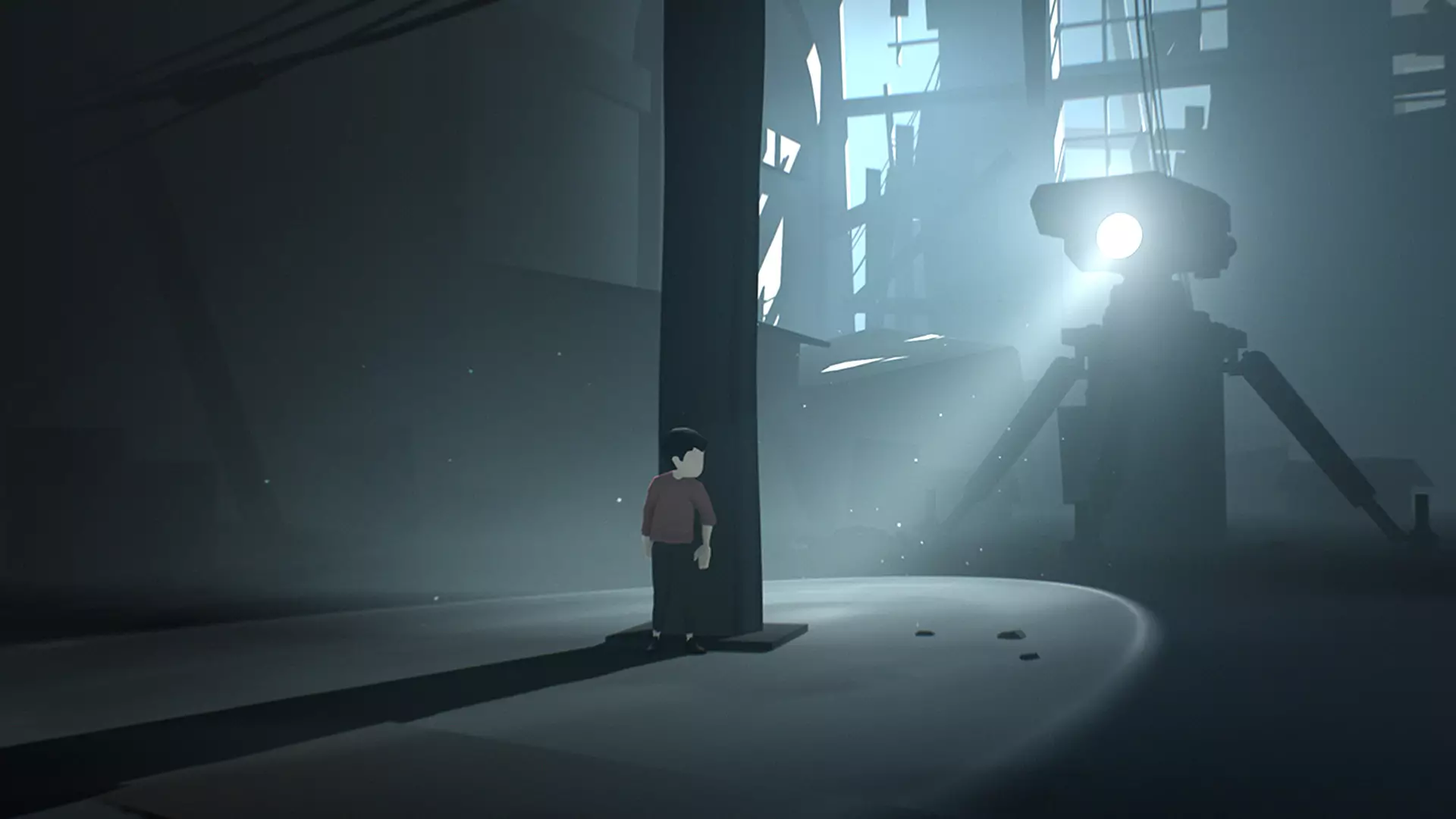The impending removal of acclaimed titles like *Limbo* and *Inside* from GOG prompts a deeper reflection on the fragility of digital art preservation and the power struggles within the gaming industry. These games, celebrated for their innovative storytelling, artistic mastery, and atmospheric design, are being pulled from the platform not due to technical issues or licensing expirations but amidst a legal dispute that underscores corporate conflicts overshadowing creative achievements. Such actions highlight how external disputes can jeopardize access to cultural artifacts, especially in a digital landscape where ownership rights and legal battles often influence availability more than artistic value.
The decision to delist these titles feels less like a strategic move and more like collateral damage in a broader narrative of corporate vendettas. It’s an erosion of digital cultural heritage, particularly when these games have influenced countless developers and players worldwide. The timing—just before their scheduled removal—raises questions about the motives behind this move and whether it signifies a neglect of the art form in favor of legal posturing.
Players’ Dilemma: Cultural Loss Versus Corporate Warfare
For gamers and fans who grew up exploring the dystopian worlds of *Limbo* and *Inside*, this delisting represents a loss of access to seminal works that redefine the puzzle-platformer genre. Not only are these titles gateways into the creative mind of Playdead, but they also serve as case studies of minimalist storytelling and atmospheric tension. Their removal deprives new generations of experiencing these milestones firsthand, which could stifle ongoing innovation inspired by their groundbreaking design.
The urgency to acquire these games while they remain discounted suggests an awareness that digital ownership can be fleeting, especially when legal disputes intervene. It’s a reminder that the stable, curated collections of physical media are increasingly threatened by legal disputes that prioritize corporate interests over cultural preservation. As consumers, we are forced into a defensive stance—grab them while you can—highlighting the paradox of digital consumption: convenience but with uncertain longevity.
Industry Power Struggles and Artistic Legacies
At the heart of this controversy lies a personal feud between Playdead’s founders, Dino Patti and Arnt Jenson. This dispute exemplifies how personal conflicts within development studios can escalate into commercial repercussions, affecting audiences and fans worldwide. Patti’s departure from Playdead and his subsequent legal battles reveal a fragile ecosystem where creative visions are often entangled in power dynamics and legal threats.
Such conflicts are not new in the industry but are often swept under the rug for the sake of corporate image. Here, however, the fallout threatens the integrity of these beloved titles, which many argue are more than just entertainment—they are cultural artifacts with artistic and emotional significance. The lawsuit aimed at discrediting Patti’s contributions may have broader implications for how gamers perceive the legacy of these games and their creators. It raises crucial questions about how much control developers should retain over their work and what happens when personal vendettas clash with collective cultural ownership.
—
From my perspective, this situation signals a disturbing trend where legal and corporate conflicts threaten the accessibility of revolutionary digital art. The public should scrutinize these power struggles, demanding transparency about reasons for delisting and advocating for measures that prioritize cultural preservation over litigation. *Limbo* and *Inside* are not merely products; they are milestones in the evolution of game design and storytelling. Allowing such disputes to silence these voices is an indictment of how the industry currently values its artistic heritage, often placing legal battles above the creative contributions that shaped an entire genre.


Leave a Reply